【新唐人2011年8月29日訊】中共當局為了限制海外的政治信息流入,遮罩了推特,又試圖管制中國版的微博。上週,新浪在當局壓力下暫停數名微博用戶帳號一個月,並且向兩億多用戶發出所謂 “闢謠”通知。有分析指出,這是中共近期對網路言論控制的升級,顯示當局對微博崛起的日益不安。網絡博客作家們則表示將堅持發聲,引導中國民衆認清中共。
新浪在26號首次以系統通知的方式,向旗下的微博用戶發出所謂的“闢謠公告”,認為有些信息「說法不實」。例如:“無償獻血被紅十字會以一袋200元賣給醫院”,和“十九歲少女在武漢被殺害,嫌犯被有權勢的父親保釋在外”。
同時,這兩條信息的發佈者,還被新浪暫停使用帳號一個月。
美國「紐約時報」認為,新浪這次高調處罰微博用戶,是中共當局對於網路言論愈來愈關心,卻無力控制的情況下,至今做出最明確的一次表態。
在此之前,中共北京市委書記劉淇視察新浪總部時,曾對新浪微博服務發出警告,要求杜絕虛假有害信息,並且要求積極傳播社會主義核心價值體系與文化。
廣西網絡作家荊楚:“因爲中國是一個人治的社會,這個(中共)領導人摸摸腦袋就可以決定媒體的生死存亡。通過互聯網這個管道,老百姓知道了一些真相,知道了一些事實,這樣子呢就讓中共感到恐慌,要想方設法來封殺。”
「中國行政學院」電子政務專家委員會副主任汪玉凱也坦言:“微博經歷了郭美美事件和動車事件之後,被推向一個高峰。更重要的是,微博顯示出巨大的社會熱點。微博的崛起,對中共政府管理產生的影響是前所未有的。”
新浪這種強行向用戶發送官方“闢謠”的做法,招致了微博眾多用戶的強烈反彈。有博友回應,“你們新浪微博收了貪官多少錢?玩和諧耍大牌了?”也有博友憤怒的說,“不要擅自發這些垃圾信息給我們。真假我們自己會判斷,不用你來教!”
德國的《商報》發表文章表示,中國的博客作家們正衝擊著中共的專制權力和輿論壟斷,在當局的嚴格管控下仍然堅持發聲。
文章舉了「福佳石化工司」在大連的生產基地搬出港口的例子。文章表示,幾噸重的有毒物質在颱風襲擊後洩漏,類似的環境災難在中國司空見慣,但由於中共的隱瞞,大都不會被公開,也就不會產生民衆的抗議。但這一次卻由於網絡微博的影響,民衆的遊行抗議無法被隱瞞,並得到了全國網民的支持。
《商報》引述大陸博客作者安替的話說:當互聯網公共輿論的新時代啟動時,我想站在最前頭!
作家荊楚在接受《新唐人》採訪時,也以一首小詩表達了自己的心境:
“我不是一株卑賤的小草,任憑淒風苦雨的摧殘,我是病樹之上一枝健康樹枝,雖然我的存在不能挽救病樹的死亡,但我要努力向大地播下健康的種子。”
荊楚還表示,在目前當局禁錮思想自由、高壓控制輿論下,他將以自己的良心繼續通過網絡發聲,並將重點集中在:還原被中共篡改得面目全非的中國歷史上,他想藉此引導民衆以正確理性的思維方法,認清當今被中共統治下的畸形社會。
新唐人記者李明唐睿、李明飛、葛雷採訪報導。
======
Sina Suspended Several Microblog Accounts
In order to restrict the inflow of foreign political information
into China, the Chinese authorities have blocked Twitter.
Now they are trying to control the Chinese version of Twitter
–the microblogs.
Last week, under pressure from the authorities, Sina.com
suspended several microbloggers』 user accounts for a month.
It also sent to its 200 million users
so-called "rumor refutation notices."
Some analysts said that this shows an increased control over
online speech by the Chinese Communist Party (CCP).
It shows the authorities are increasingly uneasy about
the rise of the microblogs.
Bloggers said that they would continue voicing their views
and guiding the people to understand the CCP』s true nature.
On August 26, Sina.com sent notices to all its microblog
account users for the first time,
in order to "refute rumors regarding false statements."
These included the stories of "donated blood being sold
by the Red Cross for 200 yuan per bag to hospitals,"
and "a 19-year-old girl being killed in Wuhan,
with the suspect out on bail because of his powerful father."
Meanwhile, the spreaders of these two pieces of information
had their user accounts suspended by Sina for a month.
New York Times analyzed that the high-profile punishment
received Sina』s microblog account users,
show the Chinese authorities』 attitude towards Internet
speech, with inability to control it.
Prior to this, when CCP Beijing Municipal Committee head
Liu Qi was visiting Sina』s headquarters,
he warned about Sina』s microblogging service,
requested Sina to eliminate fake and harmful information,
and required the active dissemination of
socialist values and culture.
Guangxi-based Internet writer Jing Chu:
"Because China is a society by rule of men
(as opposed to "rule of law"),
the (Communist) leaders could decide the fate of the media.
Through the Internet, some people got to know the truth
nd some facts.
This makes the CCP panic,
so the CCP tries to find ways to block it.
China Administration Institute』s deputy director of
E-government expert committee, Wang Yukai, admitted,
"After the Guo Meimei scandal and high-speed rail incident, microblogging is being pushed to a peak.
More importantly, the microblogs show
the hot social issues.
Microblogging』s rise has an unprecedented impact
on the CCP government."
The notices sent by Sina led to
a strong reaction of account users.
Some microbloggers responded,
“How much did you receive from the corrupt officials?"
Some said angrily, "Do not send these spam to us without authorization. We can judge the authenticity of the stories!"
German newspaper Handelsblatt published an article, saying
that the Chinese bloggers are fighting against
the CCP's despotic power and its monopoly of media.
They insist in making their voices.
The article cited a case of
Fu Jia Petrochemical Company (Fu Jia).
Several tons of toxic substances were leaked out,
after a typhoon hit the area.
Similar environmental disasters are commonplace in China,
but the CCP government conceals them,
to avoid the public』s protests.
However, in Fu Jia』s case, informed by the microblog posts,
the people protested and paraded.
They also won the support of netizens across China.
Handelsblatt quoted a Chinese blogger An Ti,
"When new era of online public opinion starts,
I would like to stand at the front."
Writer Jing Chu read a poem in his interview with NTD,
"I am not a humble grass.
Despite the ravages of the storm,
I am a healthy tree branch on a sick tree.
Although my existence cannot save the dying tree,
I want to sow healthy seeds into the earth."
Jing Chu said that in the current situation
of restricted freedom of thought and high-handed control
of public opinion by the authorities,
his conscience will continue to send his voice online.
He will focus on restoring the Chinese history,
which has been altered beyond recognition by the CCP.
He would like to guide people to a rational way of thinking
and to recognize the abnormal soc iety under the CCP』s rule.
NTD reporters Tang Yan, Li Mingfei and Ge Lei.
看下一集
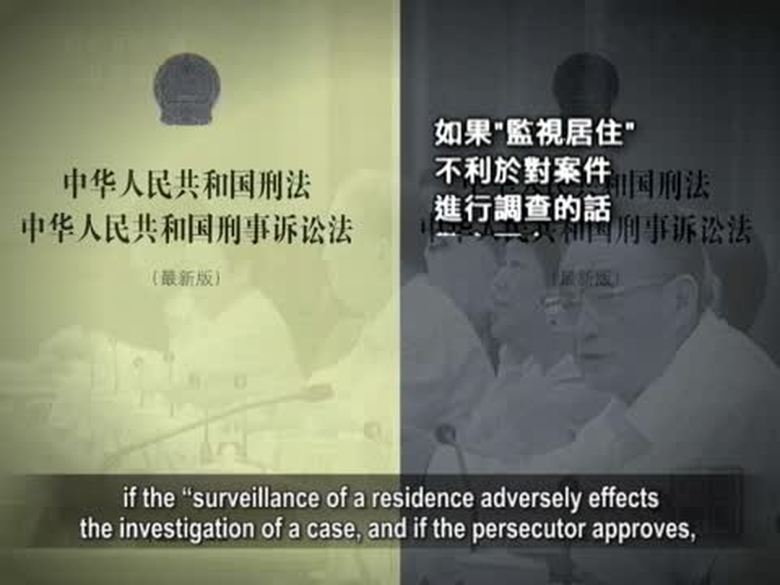
【禁聞】秘押監視合法化 中國將成大監獄
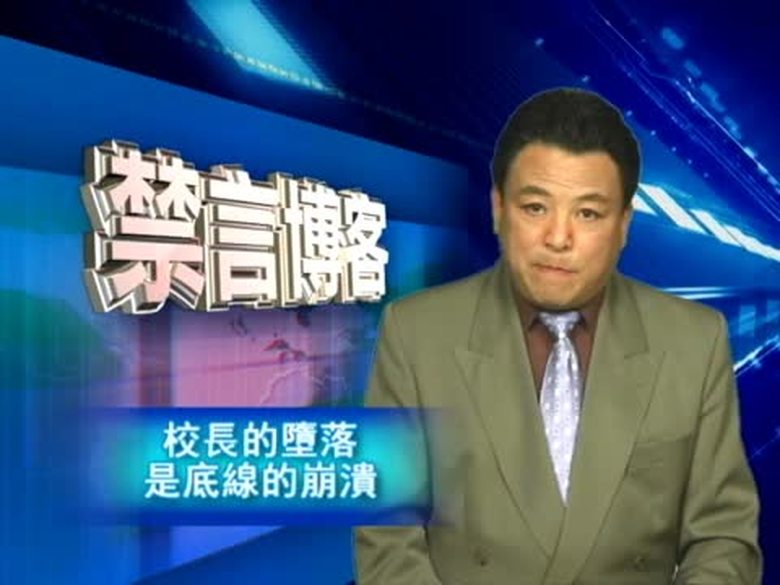
【禁言博客】校長的墮落是底線的崩潰

【禁聞】中國網民熱議“利比亞模式”
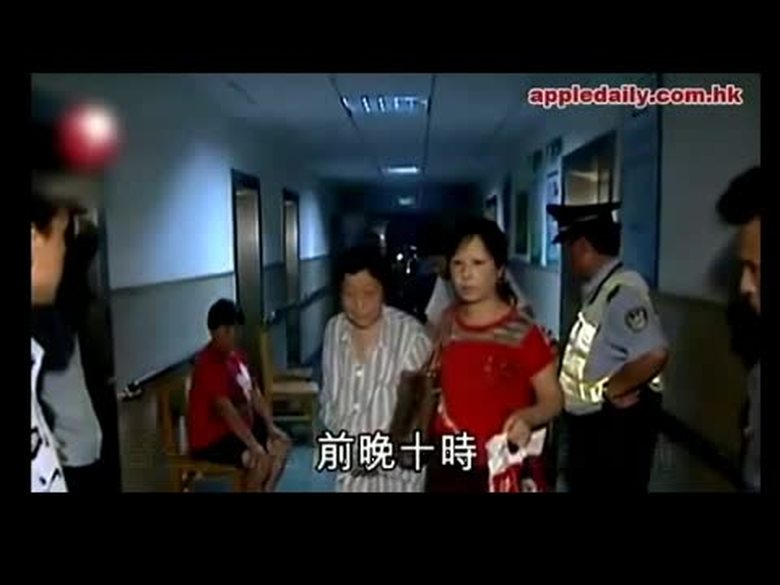
【禁聞】體制不全醫德淪喪 醫護撇病患逃命
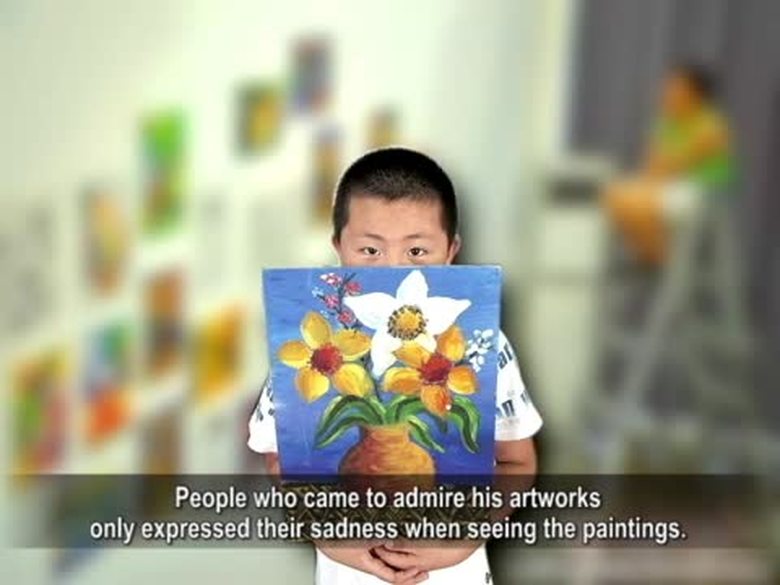
【禁聞】畫展遭禁 小販夏俊峰之子引關注
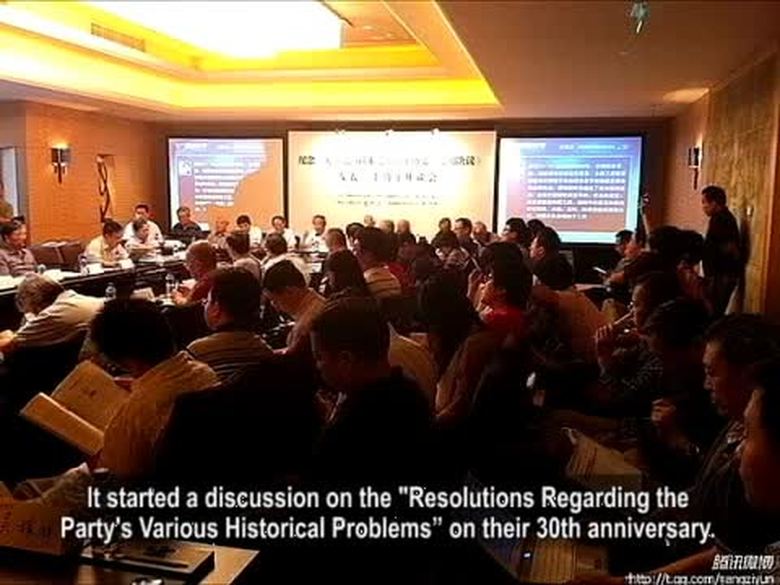
【禁聞】胡耀邦之子倡民主 體制內精英抒見
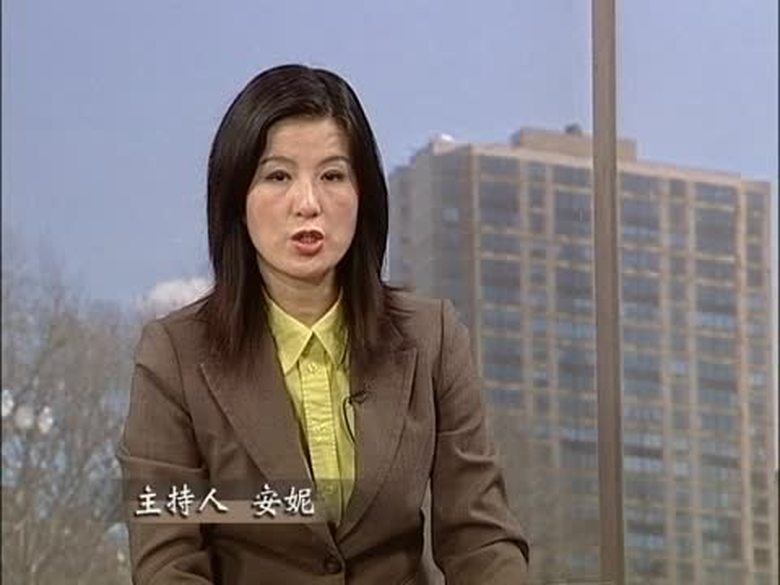
【禁聞論壇】高利貸是中國最可怕的金融風險?

【禁聞】中共面對利比亞新政府
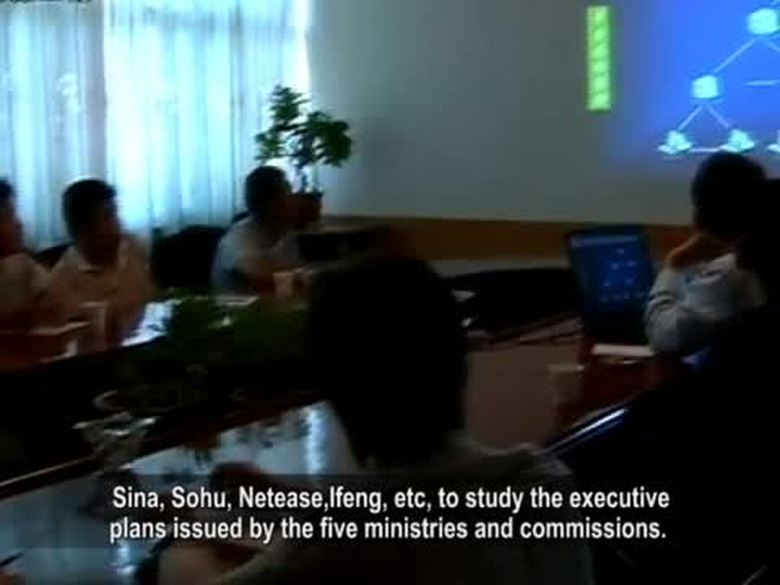
【禁聞】微博闢謠封帳戶 到“假冒用戶”
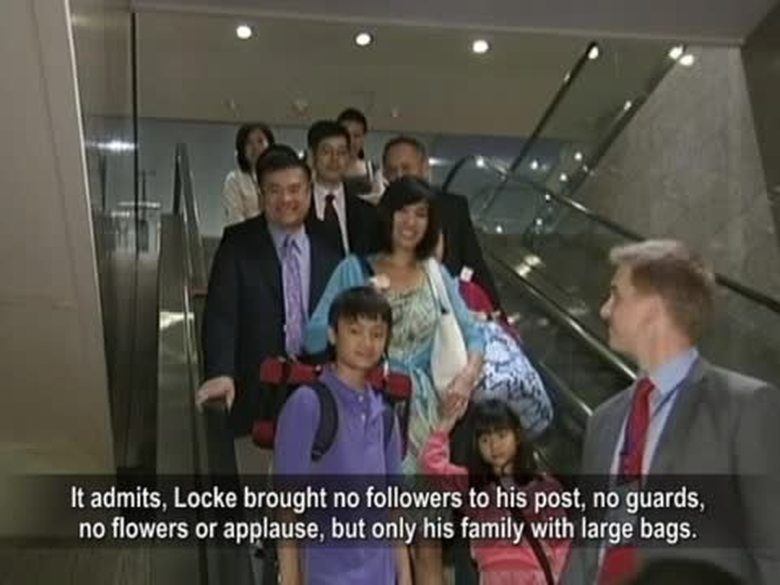
【禁聞】駱家輝清廉做派 中共罵新殖民主義
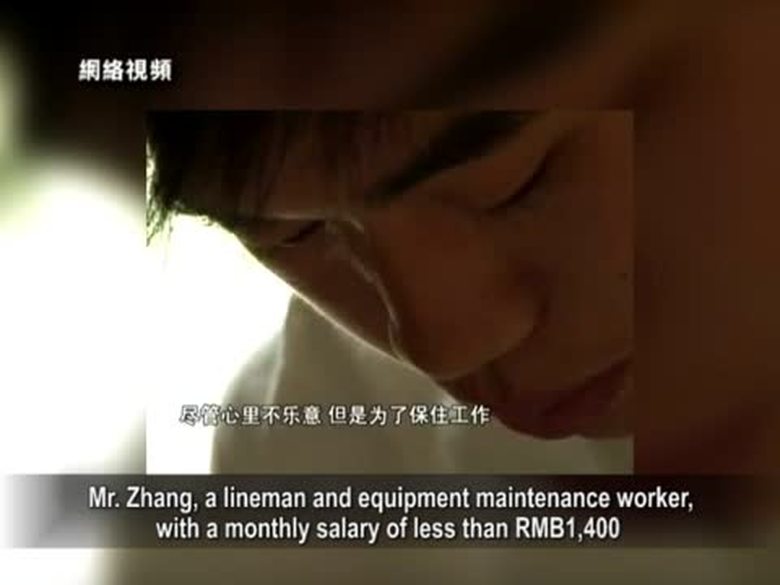
【禁聞】反對我就反對黨 蕪湖最牛黨官遭辭
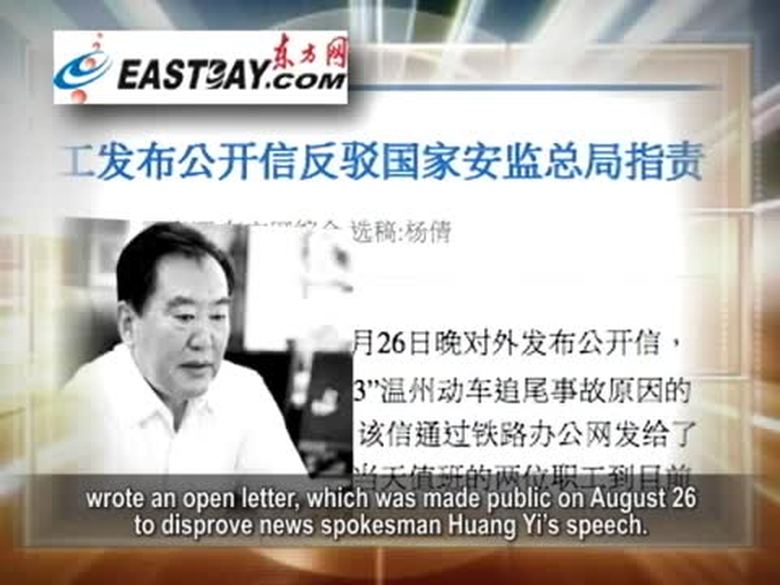
【禁聞】溫州南站電務段發公開信 喊冤
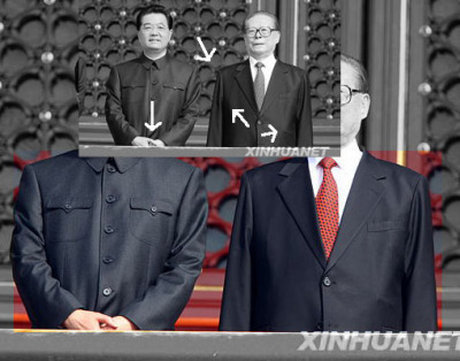
【禁闻】胡借賴案警告江派 軍方江系漸式微
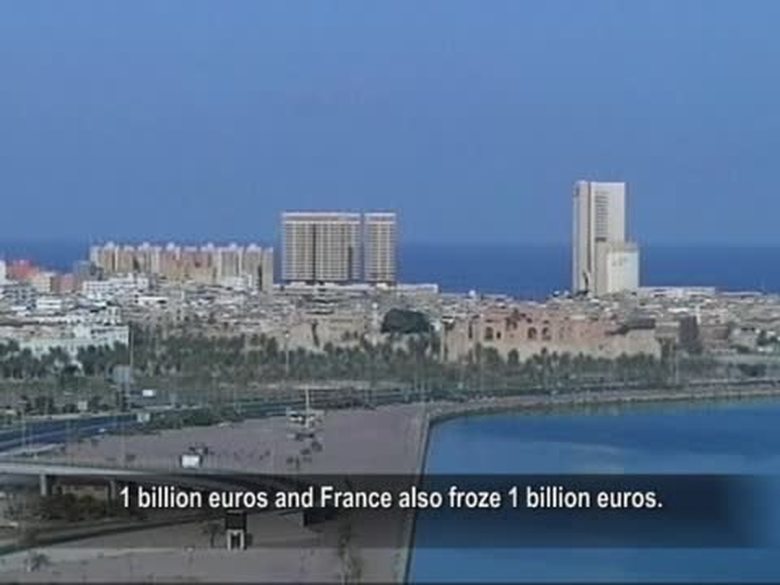
【禁聞】解凍卡扎菲資金 中共阻攔
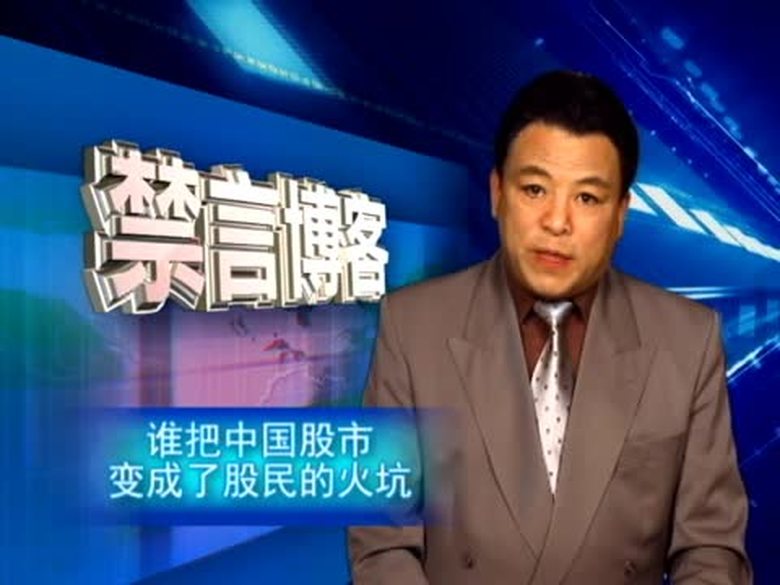
【禁言博客】誰把中國股市變成了股民的火坑
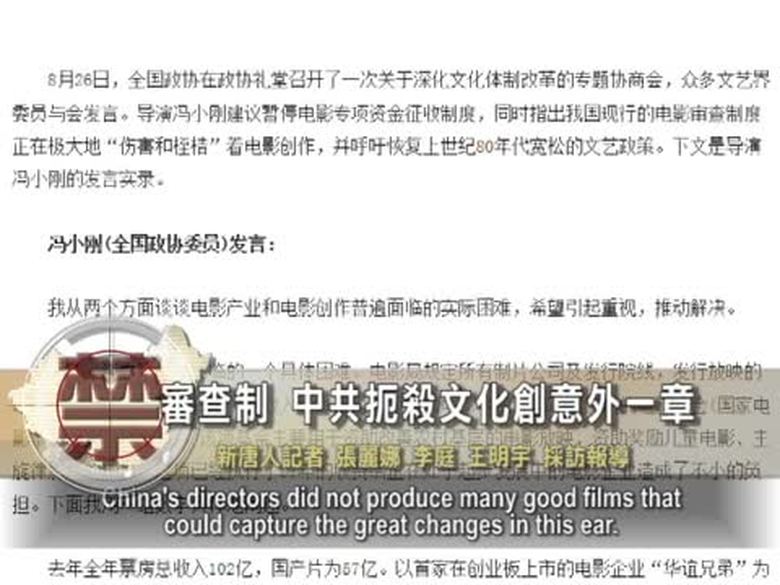
【禁聞】審查制 中共扼殺文化創意外一章








